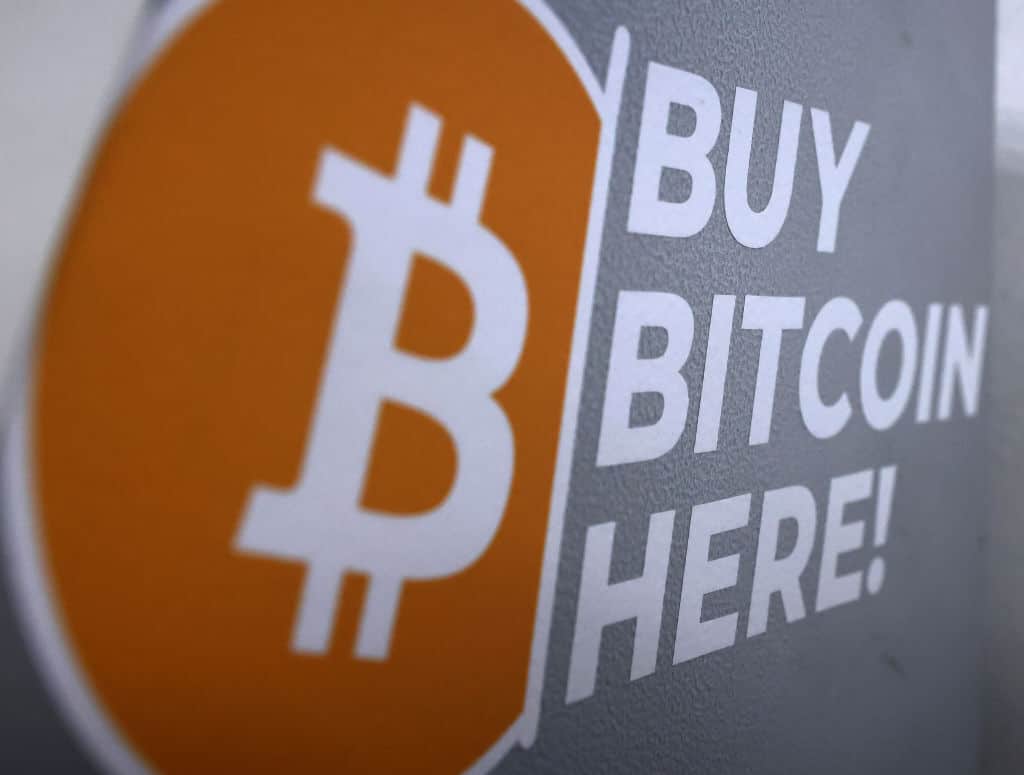Bitcoin — the largest cryptocurrency by market capitalization — is trading on India’s top exchanges at about a 5.7% premium compared to the global average.
India’s current premium is more than triple that of South Korea’s famous kimchi premium, which is currently sitting at 1.6%.
Bitcoin was trading at about US$39,969 on Indian exchanges, or US$2,169 higher than the global average, which was at US$37,800 at press time.
“The prices are higher in India because there is more demand for crypto than the amount of supply that exists in the country,” crypto exchange Unocoin CEO Sathvik Vishwanath told Forkast. Price premium usually sits at 2% to 5%, which varies depending on exchange-specific trading volume, market efficiency, and sentiments.
India recently announced a 30% tax on crypto income, initially dispelling ban fears. But the Reserve Bank of India (RBI), the nation’s central bank, has put the ban card back on the table, pouring cold water on the local industry starving for cryptocurrencies.
Despite the higher demand, RBI governor Shaktikanta Das and his deputy Shri T Rabi Shankar publicly criticized cryptocurrencies, calling for an outright ban, which has been the central bank’s consistent position. The finance minister has confirmed that the RBI will participate in the direction of national crypto regulations.
“The price differences have widened over time as more Indians have started investing in Bitcoin. While the ‘buy-sell’ price differences hold true for all crypto assets, the irregularity is higher in case of Bitcoin, due to its higher demand, massive trading volumes, and undeniable popularity,” a CoinSwitch spokesperson told Forkast, in an email response.
Another contributor to the premium is the nature of the Indian rupee (INR). Higher transaction fees and high USD-INR exchange rates are also drivers for higher prices in India.
Blockchain forensics firm Chainalysis found many emerging markets (such as India) turn to cryptocurrency to preserve savings in the face of currency devaluation, send and receive remittances, and carry out business transactions.
“India is the second-largest crypto adopter in the world and has been outranking most of the world’s largest and most developed economies. India is seeing higher demand from investors in the country net buying cryptos,” Minal Thukral, executive vice president of growth and strategy at CoinDCX, told Forkast in an email, adding higher deposit and withdrawal costs minimizes potential arbitrage opportunities.
In recent history, crypto premiums presented arbitrage opportunities for investors, most notably FTX CEO and billionaire Sam Bankman-Fried’s wealth generation tactics in South Korea and Japan.
However, arbitrage trading in the form of selling foreign Bitcoin in India’s premium market has not been a popular profit channel among investors due to inconvenience and high transaction costs.
Bitcoin transaction fees dropped to an average of US$1.50 in recent days as prices tumbled, but this has surged to about US$60 in the past year, according to data from BitInfoCharts.
“The price difference should not be a big concern for Indian investors because if they are paying a premium to buy, they are also selling at a premium,” Bhagaban Behera, co-founder and CEO of Defy, told Forkast.
Moreover, an Indian investor looking to buy crypto with Indian currency may not be able to trade on international exchanges since many of them don’t accept Indian rupees because they don’t have the mechanism to convert Indian rupees to crypto. “For that you need to partner with banks and currently in India, many banks do not want to participate due to lack of clarity. For that reason, international exchanges are staying out of it because they don’t have banking partners,” Behera said.
The price of Bitcoin is not always higher on Indian exchanges compared to international exchanges, and shifts depending on the local demand and supply for crypto in Indian rupees. The price is also dependent on a country’s crypto sentiment — where a general negative attitude towards crypto brings Bitcoin prices lower than international peers.
If demand for Bitcoin increases locally and globally, and if India is able to expand integration with global market activities, exchanges say price discrepancies may flatten out.
“It is not a very liquid market in India yet,” Vishwanath said. “Once it becomes a more liquid market we can actually see more fair prices for Indian investors.”
Indian exchanges also hope that once there is clarity and certainty in crypto regulations, more users will participate, thus enabling exchanges to reduce their fees and bringing down overall trading costs.





